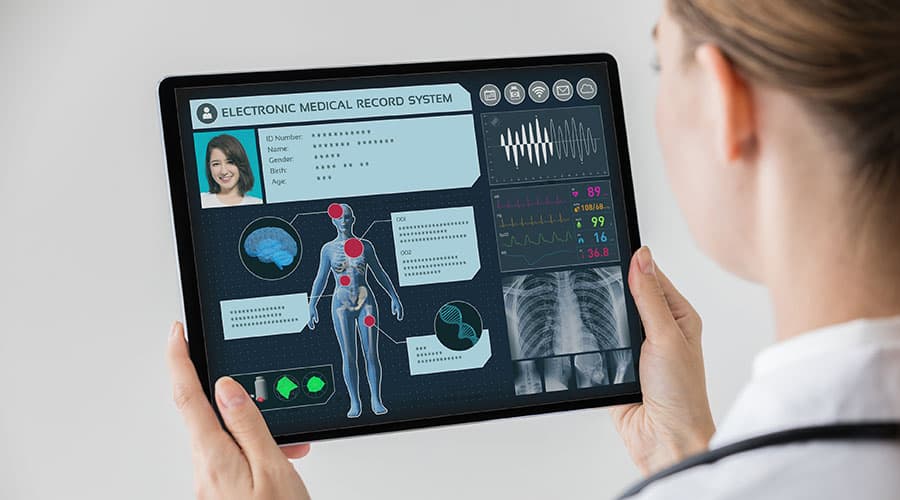
The aim is to enhance electronic health information
Earlier this year, two different arms of the U.S. Department of Health and Human Services released proposals for rules aimed at enhancing the interoperability of electronic health information (EHI) and increasing patient access to health information.
The Office of the National Coordinator for Health Information Technology (ONC) and the Centers for Medicare and Medicaid Services (CMS) each hopes to address information blocking practices that were cautioned and defined in the 21st Century Cares Act.
Signed into law at the tail end of President Obama’s administration, the 21st Century Cares Act was designed to help accelerate medical product development and bring new innovations and advances to patients who need them faster and more efficiently.
The law builds on FDA’s ongoing work to incorporate the perspectives of patients into the development of drugs, biological products, and devices in FDA’s decision-making process.
The Act defined “information blocking” as “preventing or materially discouraging the access, exchange, or use of electronic health information, including business, technical, and organizational practices when the actor knows or should know these practices are likely to interfere with the access, exchange, or use of electronic health information.
The newly proposed rule seeks to require hospitals to send electronic notifications to providers when patients are admitted, discharged, or transferred. This modification would be imposed only upon those hospitals with EHR capabilities.
SOURCES: AHIMA, FDA





